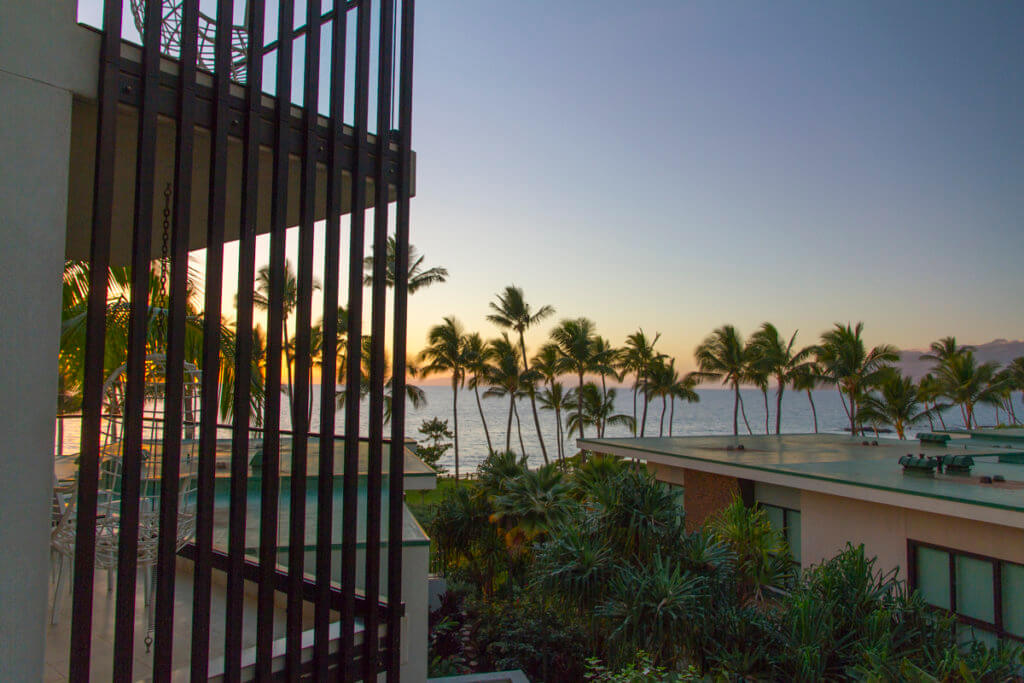A new bill is going to vote at the moment that proposes a Hawaii resort fee tax increase. And if it passes, you could see your resort fee payments jump a few dollars per night.
The State of Hawaii is at war with companies like Airbnb over the collection of the transient accommodations tax. In fact, Senate Bill 2963, also known as the Airbnb bill, which unanimously passed the Senate was to boost state tax revenues by $67 million. However, because of the way the bill was written, Airbnb says it won’t help collect the tax. And, as a result, State Lawmakers are scrambling to find a way to make up for the budgetary shortfall. Their solution? Among others, there’s Senate Bill 2699.
Senate Bill 2699
Senate Bill 2699 (SB2699) aims to make online travel agencies like Expedia responsible for collecting the transient accommodations tax on accommodations booked through their site. I suppose this is in response to Airbnb’s reaction to SB2963, which sort of makes sense… I guess? However, tacked onto SB2699 is a provision that adds the transient accommodations tax to resort fees too. Which, um, NO. That came entirely out of left field and seems like a desperate attempt to find additional sources of revenue. In fact, the Hawaii Tourism Authority, which itself is a State Agency, is opposed to the bill. And it’s not hard to see why.

Today, resort fees are subject to the standard general excise tax rate, which is around 4.712% on Oahu and a little more than 4% on all other islands. However, the transient accommodations tax, which the State just increased earlier this year, is now 10.25%. And if SB2699 passes this tax is charged IN ADDITION TO the general excise tax. So now, on Oahu, the tax on your resort fee will rise to 14.962%, while it’ll be 14.25% on all other islands. So if you’re staying at say, the Andaz Maui, your total per-night resort fee will increase from about $47 to about $51.41 per night.
Hawaii Resort Fees Tax Increase, Final Thoughts
As a Hawaii resident, I get it. Hawaii desperately needs more money to maintain its disintegrating infrastructure and address other issues. And I get that targeting the transient accommodation tax minimizes impacts on residents, but this doesn’t seem like a great idea either. Hawaii is already an expensive place to visit and adding to that could be damaging. Especially since the transient accommodations tax already jumped one percent earlier this year. Adding the tax on to what’s already a pain point for many visitors just doesn’t seem smart.

Since the above Andaz example isn’t the most relevant one, let’s take a look at the Waikiki Beach Marriott instead. On the low end, rates can come in around $179/night with a $37/night resort fee. At last year’s tax rates, your total nightly rate at this property would equate to $242.73 per night. But, at this year’s tax rate and proposed resort tax change, your new nightly rate would come out to $248.32. That’s not a HUGE difference, but it’s still an extra $6 per night in taxes.
Should SB2699 pass the full Senate vote, it’ll take effect in July of 2018. And yes, the new tax will apply to your stay after this date regardless of when you made your reservation.

Hawaii is such a wonderful place but it has has gotten so expensive. An average room is $400 plus 15% tax plus airfare. 2 rooms plus coach airfare for 4 will cost 8 grand.
Having said that, there really is no substitute for Hawaii, especially for west coasters. I don’t care for mexican resorts or cruises, and the carribean is tough to get to. So for now, I’ll keep searching for deals to Hawaii.
As a resident, I agree, Steve. But $400/night? That seems a bit steep. You can often get rooms for closer to $200-$250 at mid-tier properties like the Sheratons, Hiltons, etc. Though I’d prefer to stay somewhere like the Four Seasons if I could afford to, and that’s $400-$500/night on Maui and Oahu. Big Island and Lanai? Forget about it!